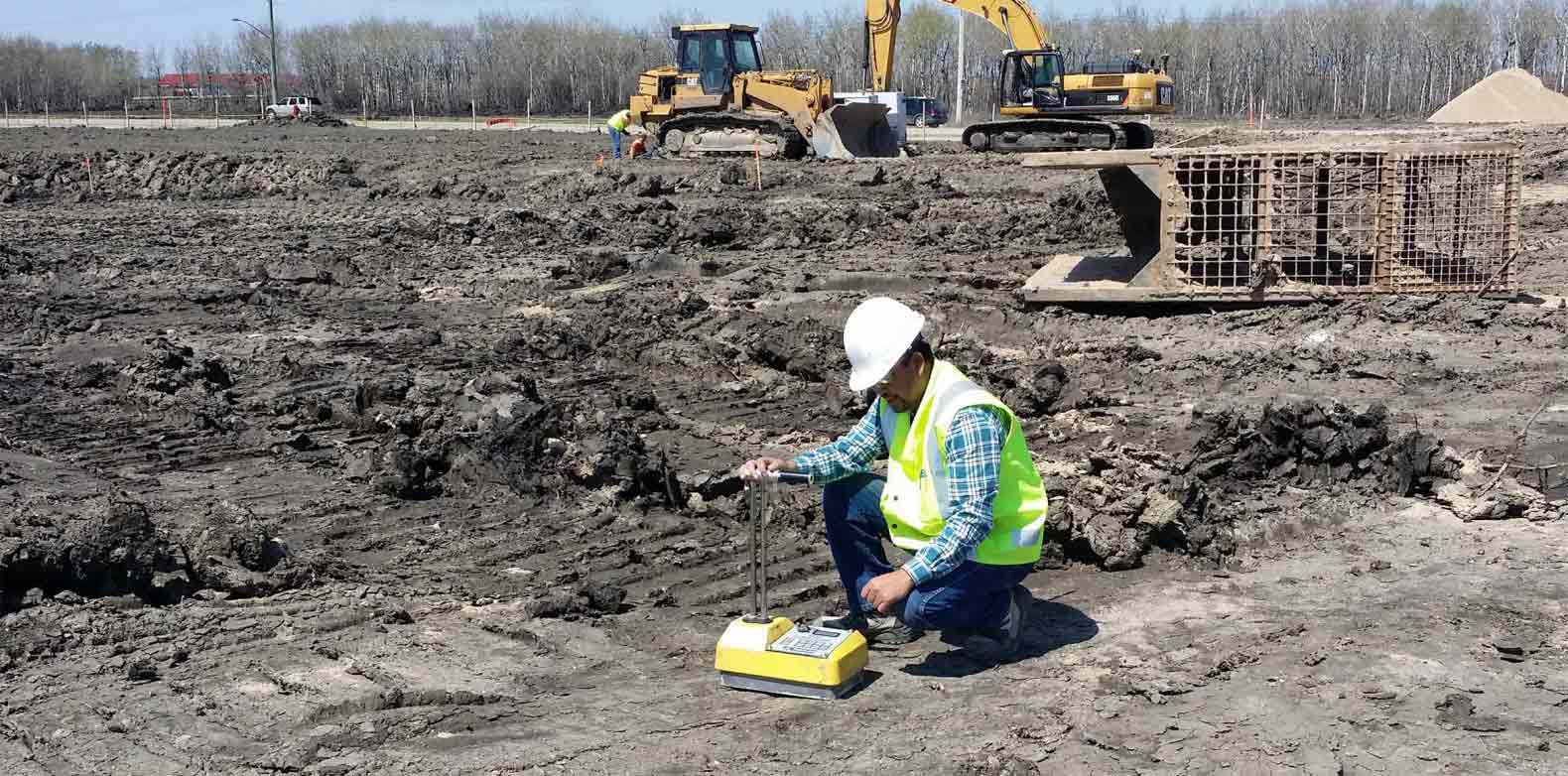The 45-Second Trick For Consulting Engineers
The 45-Second Trick For Consulting Engineers
Blog Article
A Biased View of Consulting Engineers
Table of ContentsThe Basic Principles Of Consulting Engineers Consulting Engineers Fundamentals ExplainedThe 10-Second Trick For Consulting EngineersConsulting Engineers Fundamentals ExplainedThe Ultimate Guide To Consulting EngineersUnknown Facts About Consulting Engineers
To give the ideal experiences, we utilize technologies like cookies to store and/or gain access to tool details. Consenting to these innovations will allow us to process information such as searching habits or distinct IDs on this website.They conduct website examinations, accumulate examples, perform laboratory tests, and analyze information to examine the suitability of the ground for building jobs. Based upon their findings, geotechnical engineers provide referrals for structure style, incline security, maintaining frameworks, and reduction of geotechnical dangers. They team up with various other professionals, such as engineers, structural engineers, and construction teams, to guarantee that geotechnical factors to consider are incorporated into the general job style and implementation.
What Does Consulting Engineers Mean?
They analyze the information to understand the residential properties and behavior of the dirt and rock, including their stamina, leaks in the structure, compaction attributes, and groundwater conditions. Geotechnical Evaluation and Layout: Geotechnical engineers analyze the information collected throughout website investigations to analyze the stability and viability of the site for building projects. They do geotechnical calculations and modeling to examine factors such as birthing capacity, negotiation, incline stability, side planet pressures, and groundwater flow.
Structure Design: Geotechnical engineers play a vital role in developing foundations that can safely support the desired framework. They evaluate the soil problems and load needs to figure out the suitable foundation kind, such as superficial foundations (e.g., footings), deep structures (e.g., heaps), or specialized techniques like soil improvement. They take into consideration elements such as negotiation restrictions, bearing capability, and soil-structure communication to develop optimum foundation layouts.
Below are some types of geotechnical engineers: Foundation Designer: Structure engineers concentrate on designing and evaluating foundations for frameworks (Consulting Engineers). They analyze the soil conditions, tons demands, and website features to identify one of the most ideal foundation type and design, such as superficial structures, deep structures, or specialized strategies like heap foundations
Unknown Facts About Consulting Engineers
They execute field testing, collect examples, and examine the gathered information to define the soil buildings, geologic developments, and groundwater conditions at a website. Geotechnical Instrumentation Designer: Geotechnical instrumentation designers focus on monitoring and gauging the habits of dirt, rock, and frameworks. They install and maintain instrumentation systems that check aspects such as dirt settlement, groundwater degrees, slope activities, and structural displacements to examine efficiency and provide early cautions of potential issues.
In the workplace environment, geotechnical designers make use of specialized software application devices to perform estimations, develop designs, and examine data. They prepare reports, review job specifications, communicate with clients and staff member, and coordinate task activities. The workplace setup gives a favorable setting for research, evaluation, and partnership with other professionals associated with the job.
Getting My Consulting Engineers To Work
They often visit project websites to carry out site examinations, analyze geotechnical click this site problems, and collect data for analysis. These visits involve traveling to different locations, sometimes in remote or tough surfaces. Geotechnical engineers might execute soil sampling, conduct tests, and monitor building tasks to guarantee learn this here now that the geotechnical elements of the job are being carried out appropriately.

Prior to any framework is constructed, designers need initially to examine it. This is to see if the ground appropriates and strong adequate to safely start construction of a building. The procedure is done via geotechnical examination. It offers information on the physical buildings of dirt earthworks for proposed structures and for the repair work of distress to earthworks that are triggered by subsurface conditions.
Consulting Engineers Things To Know Before You Get This
This details can be made use of for check my site a great deal more. Maintain reading as we detail down the several objectives of geotechnical examinations and why it is necessary in geotechnical engineering. Geotechnical website examination is crucial in the building and construction process due to the fact that it aims to recognize and provide info on the site's subsurface problems.

However, the necessary actions in carrying them out continue to be the same. They are: This is where geotechnical design occurs to comprehend the region's geology. It can be done via geologic mapping, photogrammetry, or geophysical approaches. All in all, it is done to assess the physical problems of the dirt.
Consulting Engineers for Dummies
As soon as this is done, the engineers will certainly collaborate with the customer to see what sort of building and construction they need. This is normally where they use borings or explorations to secure dirt samples. Depending on the customer's needs, these examples might likewise obtain checked in labs. Besides this, the designers will additionally aesthetically evaluate the dirt for rock and water.
These are normally done with geophysical examinations and scientific research studies, which are fairly beneficial for uncovering underground abnormalities or energies. Once engineers have actually performed their investigation, they will require to create proposed remedies. They will then give businesses with exactly how to come close to the website's building. Comprehending subsurface conditions prior to the construction of the site is necessary to guarantee that the structure is developed securely and can be properly supported.
Report this page